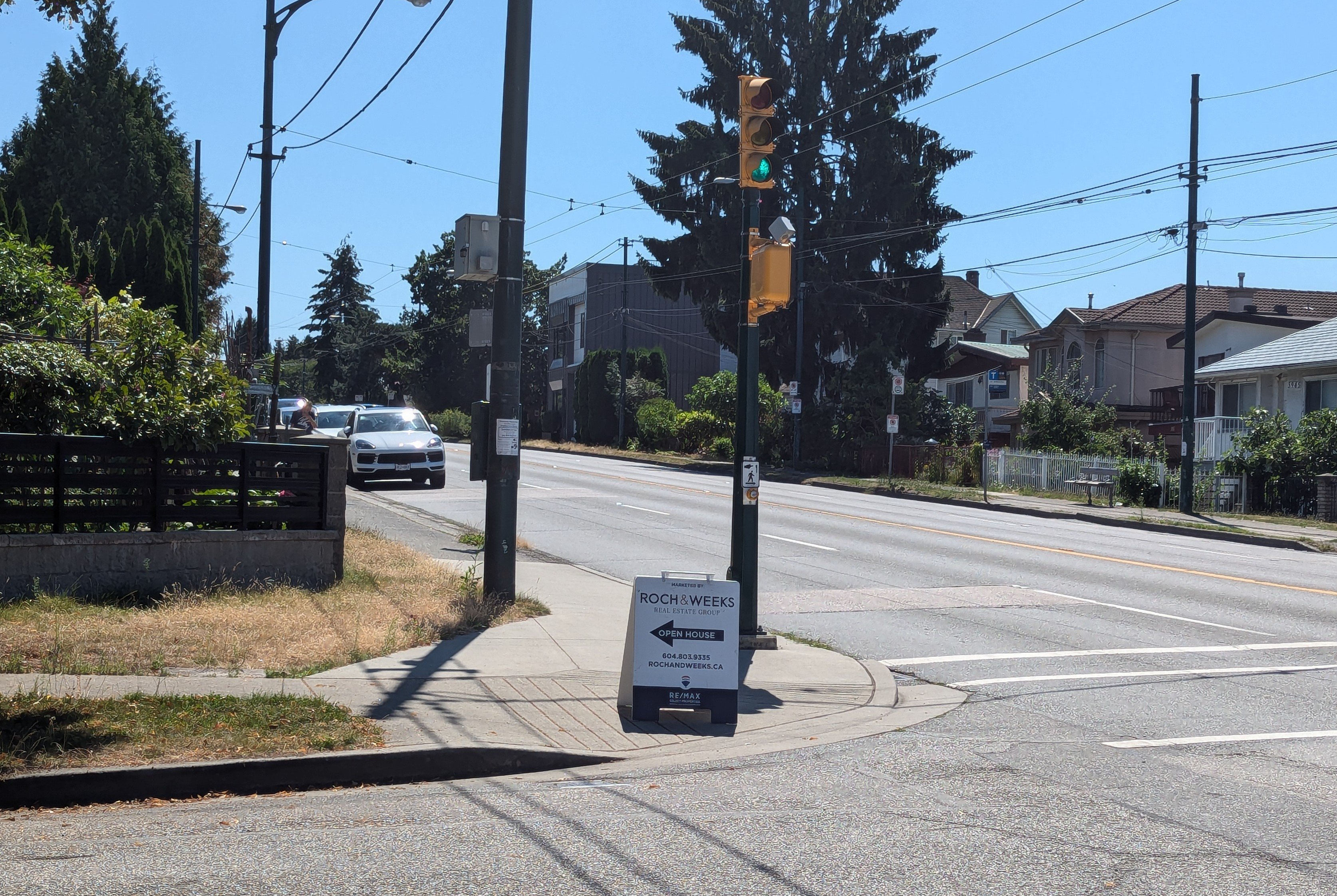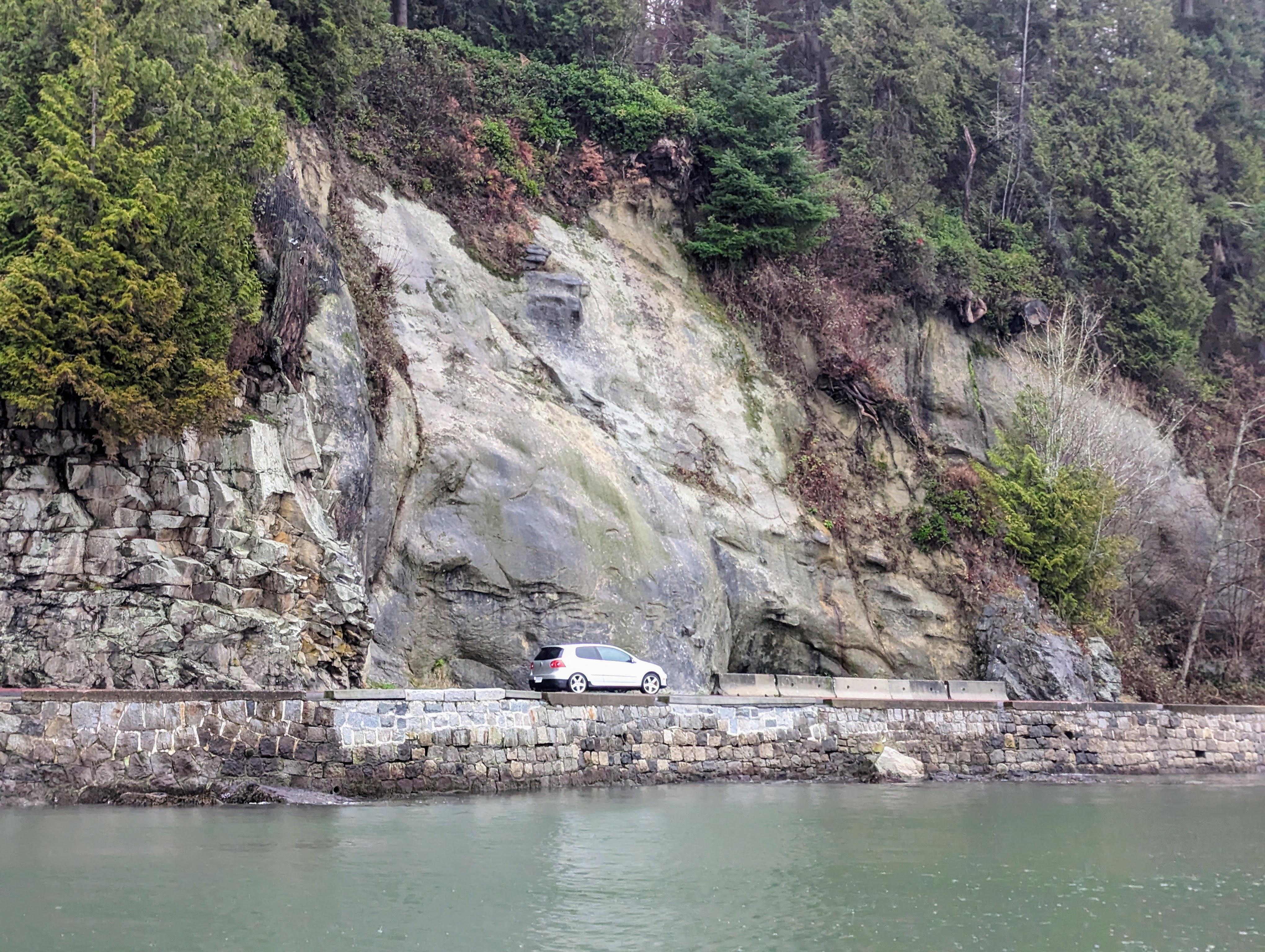New research suggests more newcomers to Canada have chosen to leave in recent years, a threat to a country that relies on immigration to drive population and economic growth.
The rate of immigrants leaving the country, or onward migration, has been steadily increasing since the 1980s and is rising among recent cohorts, suggesting newcomers “may not be seeing the benefits of moving to Canada,” according to a study on immigrant retention by the Institute for Canadian Citizenship and the Conference Board of Canada.
The report, published Tuesday, underscored the risks of Canada failing to meet expectations of newcomers, who are facing worsening housing affordability, a strained health-care system and underemployment, among other issues. It also highlighted how disillusionment among immigrants can slow down progress even in a country that consistently sets fresh records for population gains.
“It’s a reflection on our broader society and more intractable failings that we have. If immigrants are saying ‘no, thanks’ and moving on, that’s a real existential threat to Canada’s prosperity,” Daniel Bernhard, chief executive officer of the Institute for Canadian Citizenship, a pro-immigration advocacy group, said in an interview. “We need to wake up and recognize that if we don’t deliver, people will leave. And if they leave, we’re in trouble.”
Prime Minister Justin Trudeau’s government has been using immigration to rapidly add more workers to stave off economic decline from an aging populace. But record population growth in recent years has led to growing criticism that its policies have exacerbated existing housing shortages and added more pressure on infrastructure and services like health care.
The report showed spikes in the annual rates of immigrants leaving Canada in 2017 and 2019, reaching 20-year highs of 1.1 per cent and 1.18 per cent, respectively. That’s compared to the average of 0.9 per cent of people who were granted permanent residence after 1982 who leave Canada each year. While the numbers may not sound significant, they add up over time and can lead to attrition of 20 per cent or more of an arrival cohort over 25 years.
Earlier this week, a survey by Environics Institute showed waning public support for high levels of immigration due to concerns of housing affordability and availability. That dwindling support, combined with growing dissatisfaction among newcomers, will be a fresh challenge for a government that’s trying to placate an outcry over an affordability crisis while competing in a global race for skilled workers.
The lack of enthusiasm for staying in Canada, which led to onward migration by some newcomers, is also behind a sharp drop in immigrants choosing to become Canadians, according to Bernhard. The proportion of permanent residents who took up citizenship within 10 years of arrival dropped by 40 per cent between 2001 and 2021.
“If Canada can’t reverse these issues and can’t provide these vital services and affordability, immigrants will leave,” Bernhard said. “We need to be working harder to make sure that they’re happy here, so that they contribute here, become Canadians and contribute to our shared success. We need to realize that on balance, immigrants may owe Canada less than Canada owes immigrants.”




The more you look, the worse it gets.